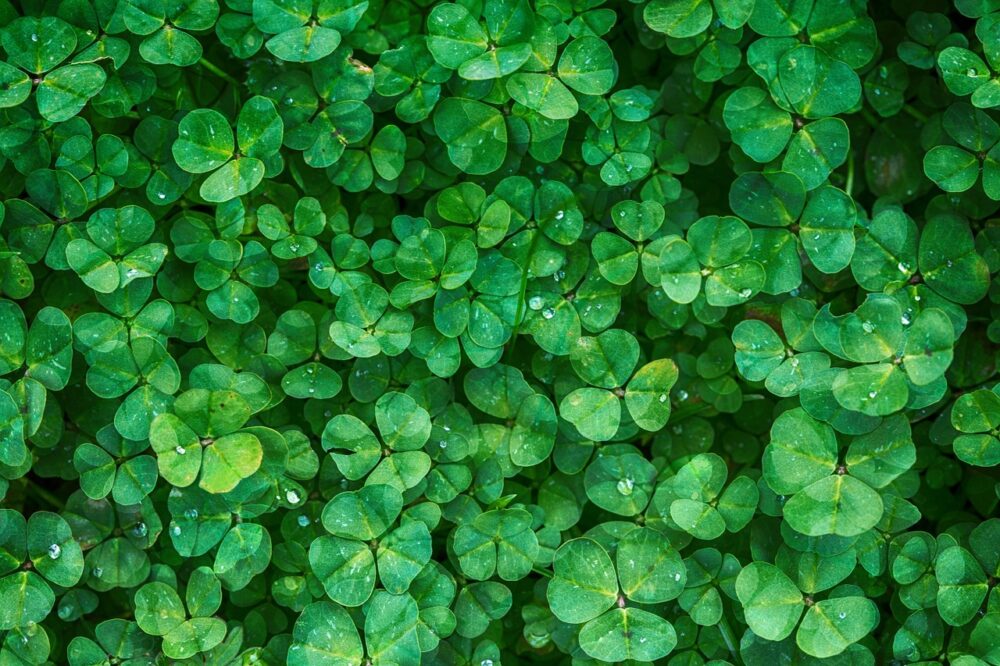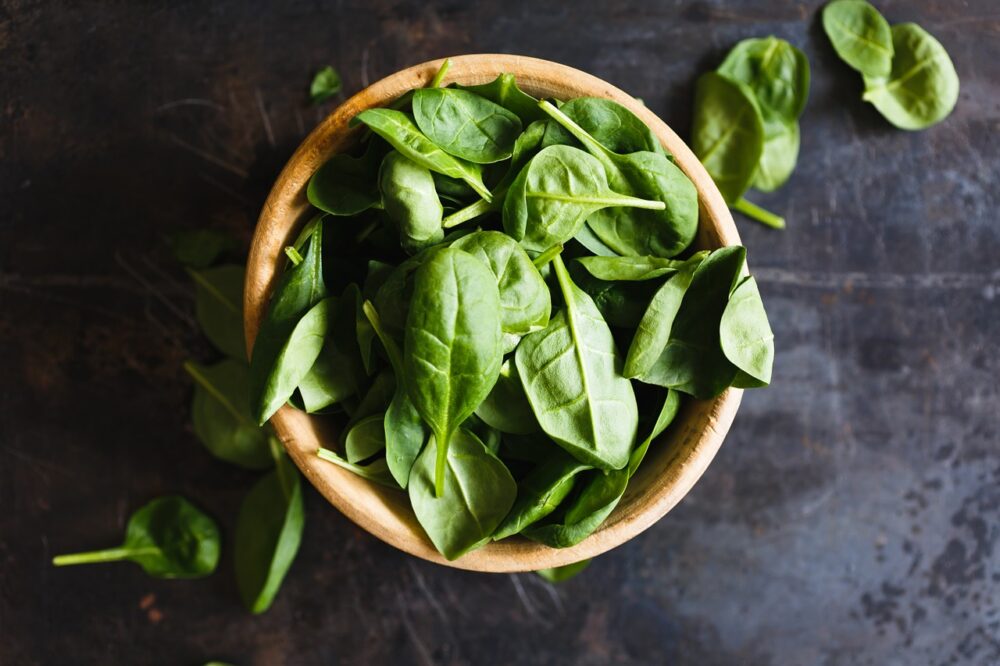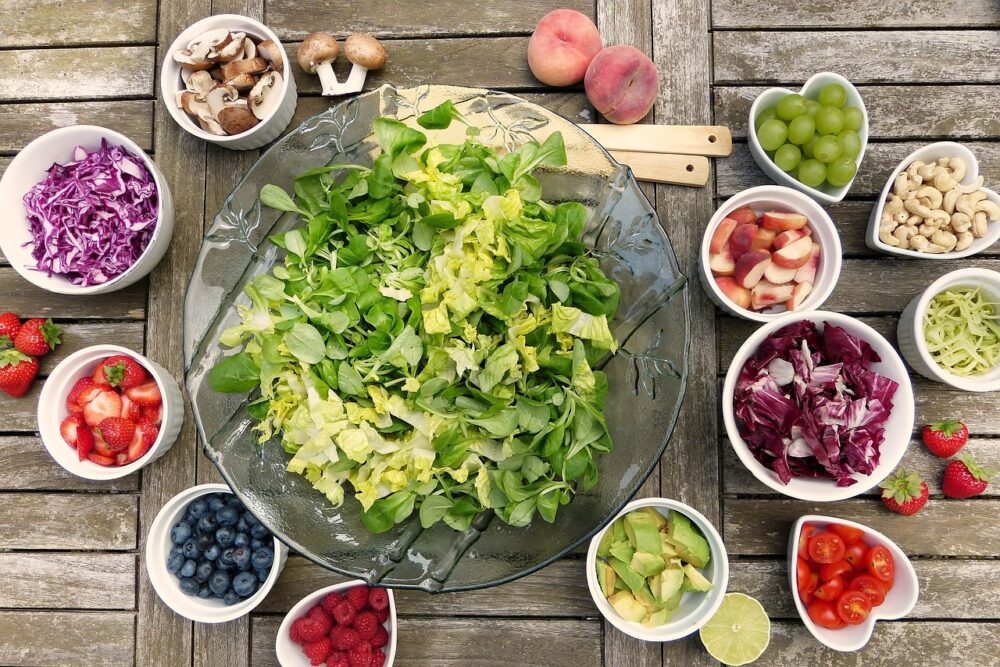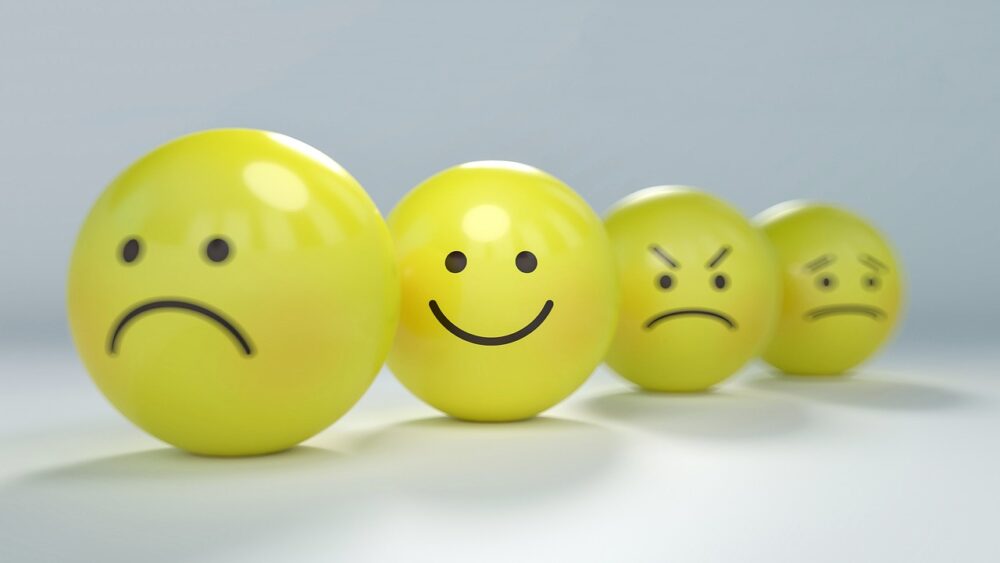
Higher consumption of vegetables may cut the odds of developing depression by as much as 62 percent. A review in the journal Nutritional Neuroscience concluded that, in general, eating lots of fruits and veggies may present “a non-invasive, natural and inexpensive therapeutic means to support a healthy brain.”
What is depression in medical terms?

The traditional explanation of how depression works, known as the monoamine theory, proposes that the condition arises out of a chemical imbalance in the brain. The billions of nerves in your brain communicate with each other using a chemical called neurotransmitters. Your nerve cells don’t physically touch one another. Instead, they manufacture and deploy neurotransmitters to bridge the gap between them.
The levels of an important class of neurotransmitters called monoamines, which includes serotonin and dopamine, are controlled by an enzyme called monoamine oxidase (known as MAO) that breaks down any excess monoamines. People who are depressed appear to have elevated levels of this enzyme in their brains. Thus the theory goes, depression is caused by abnormally low levels of monoamine neurotransmitters due to elevated levels of the neurotransmitter-munching enzyme.
Antidepressants

Antidepressant medications were developed to try to boost the levels of neurotransmitters to offset their accelerated breakdown. But if the excess MAO is responsible for depression, why not just develop a drug that blocks this enzyme?
Such drugs do exist, but they have serious risks-not the least of which is the dreaded “cheese effect,” in which eating certain foods (such as certain cheeses, cured meats, and fermented foods) while on the drug can potentially cause a fatal brain hemorrhage.
Do antidepressant drugs really work?
Thousands of published studies seem to have demonstrated that antidepressant drugs are effective. The key word here, though, may be published. What if drug companies decided to publish only those studies that showed a positive effect but quietly shelved and concealed any studies showing the drugs didn’t work? To find out if this was the case, researchers applied to the Food and Drug Administration under the U.S. Freedom of Information Act (FOIA) to get access to the published and unpublished studies submitted by pharmaceutical companies. What they found was shocking.
According to the published literature, the results of nearly all antidepressant trials were positive. In contrast, FDA analysis of trial data- including the unpublished studies- demonstrated that roughly half of the trials showed the drugs didn’t work after all. When all the data, published, and unpublished was combined, antidepressants failed to show a clinically significant advantage over placebo sugar pills. This finding suggests that the placebo effect explains the apparent clinical effectiveness of antidepressants. In other words, improvements in mood may be a result of the patients belief in the power of the drug, not the drug itself.
How to tamp down the monoamine oxidase enzyme safely?

It turns out that many plant foods, including apples, berries, grapes, onions, and green tea, contain phytonutrients that appear to naturally inhibit the MAO, as do such spices as cloves oregano, cinnamon, and nutmeg. This may help explain why those eating plant-rich diets have lower rates of depression.
Even on a day-to-day basis, studies have shown that the more fruits and vegetables you eat, the happier, calmer, and more energetic you may feel that day- and this positivity can spill over into the next day. For your diet to have a meaningful psychological impact, you may need to consume approximately seven servings of fruits or eight servings of vegetables each day.

